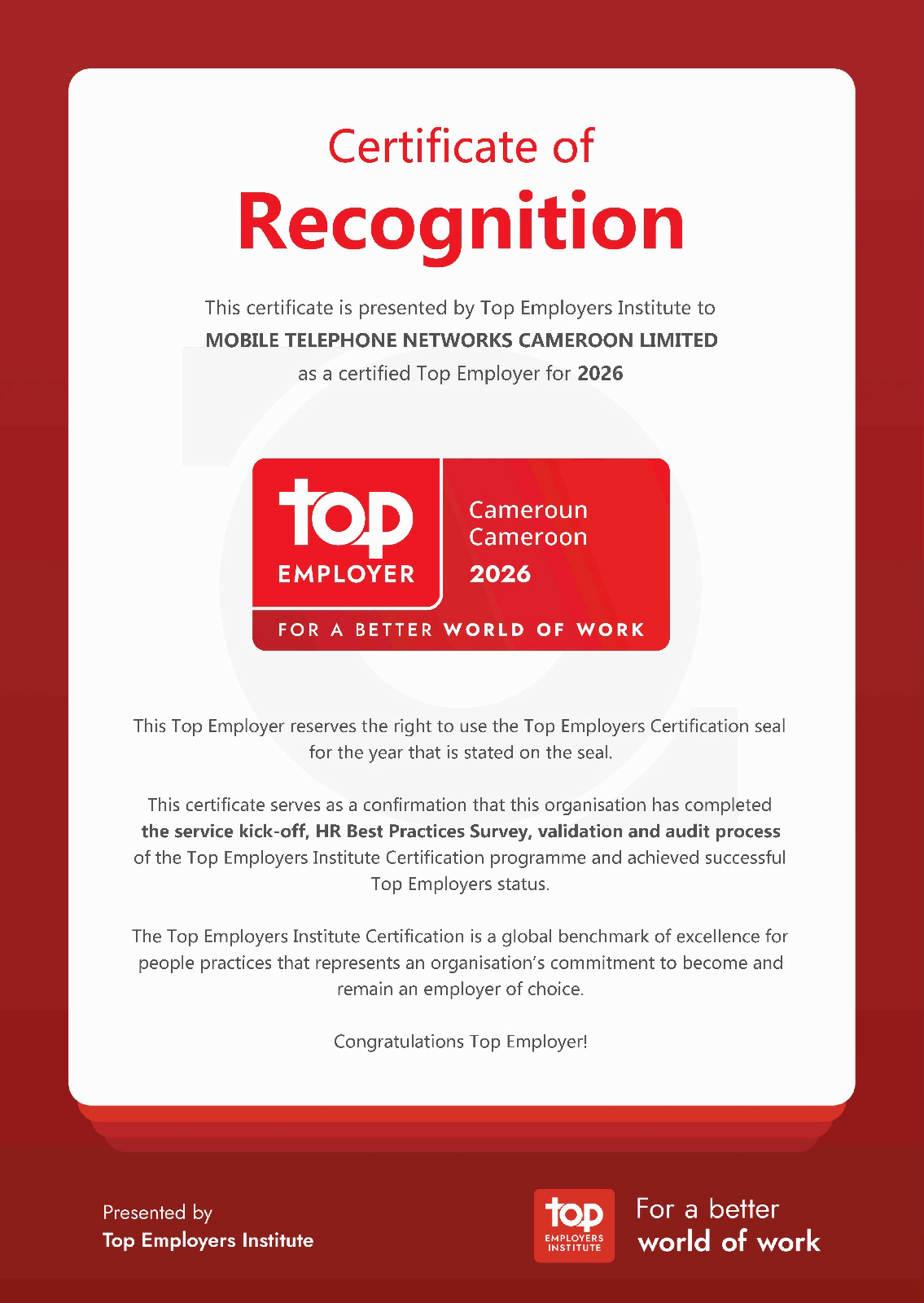The US rating agency Fitch Ratings has renewed the country’s ‘B’ rating, citing a relatively diversified economy, resilient growth and a moderate level of debt.
The current fiscal consolidation policy should enable the country’s macroeconomic projections to be improved, according to the American rating agency Fitch Ratings, following its latest assessment of Cameroon. These include “improving the mobilisation of non-oil revenues; digitising procedures in tax and customs administrations; and reducing tax exemptions from 2024”.
In addition, there will be further budget cuts in fuel subsidies, in order to oxygenate the State’s cash position, as this item of expenditure will have swallowed up CFAF 700 billion by 2022. The government has made an initial reduction in this subsidy and is expected to repeat the exercise over the next two financial years, according to Fitch.
This measure should result in a further rise in prices at the pump, and more generally in the inflation rate. However, without naming them, the agency believes that the government’s social measures, coupled with lower wholesale food and energy prices, should help to mitigate the rise in fuel prices. Following the first increase in February this year, the government raised public sector wages by 5.2% and the minimum wage by 32%.
With a moderate budget deficit and sustained economic growth (1.2% and 1.0% of GDP in 2023-2024 versus 2.6% in 2021), Cameroon’s debt ratio should improve from 44.7% of GDP at the end of 2022 to 39.6% in 2024. However, the Cameroonian economy remains exposed to a number of risks, in particular instability in the English-speaking regions (North-West and South-West) of the country and terrorist attacks by Islamist insurgents in the Far North region, which are exacerbating security problems and keeping spending high. Similarly, the uncertainty surrounding the succession of President Paul Biya (90 years old, 40 years in power) is a major risk for investors. “Although we assume that the successor will belong to the ruling party, the absence of a succession plan poses the risk of infighting between the parties and threatens political continuity”. All of which could lead the agency to lower its rating.




